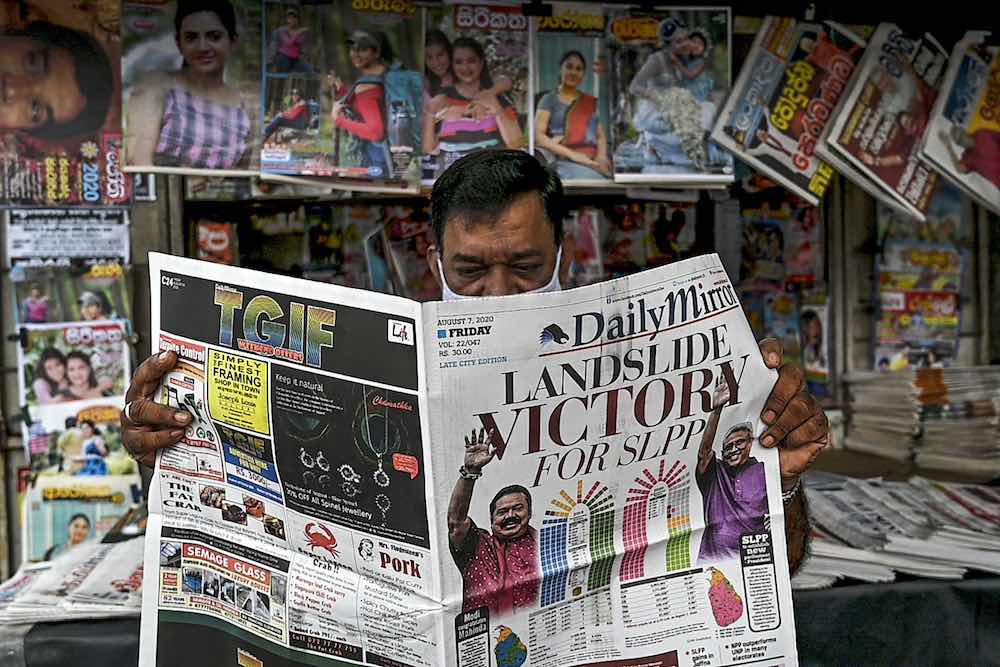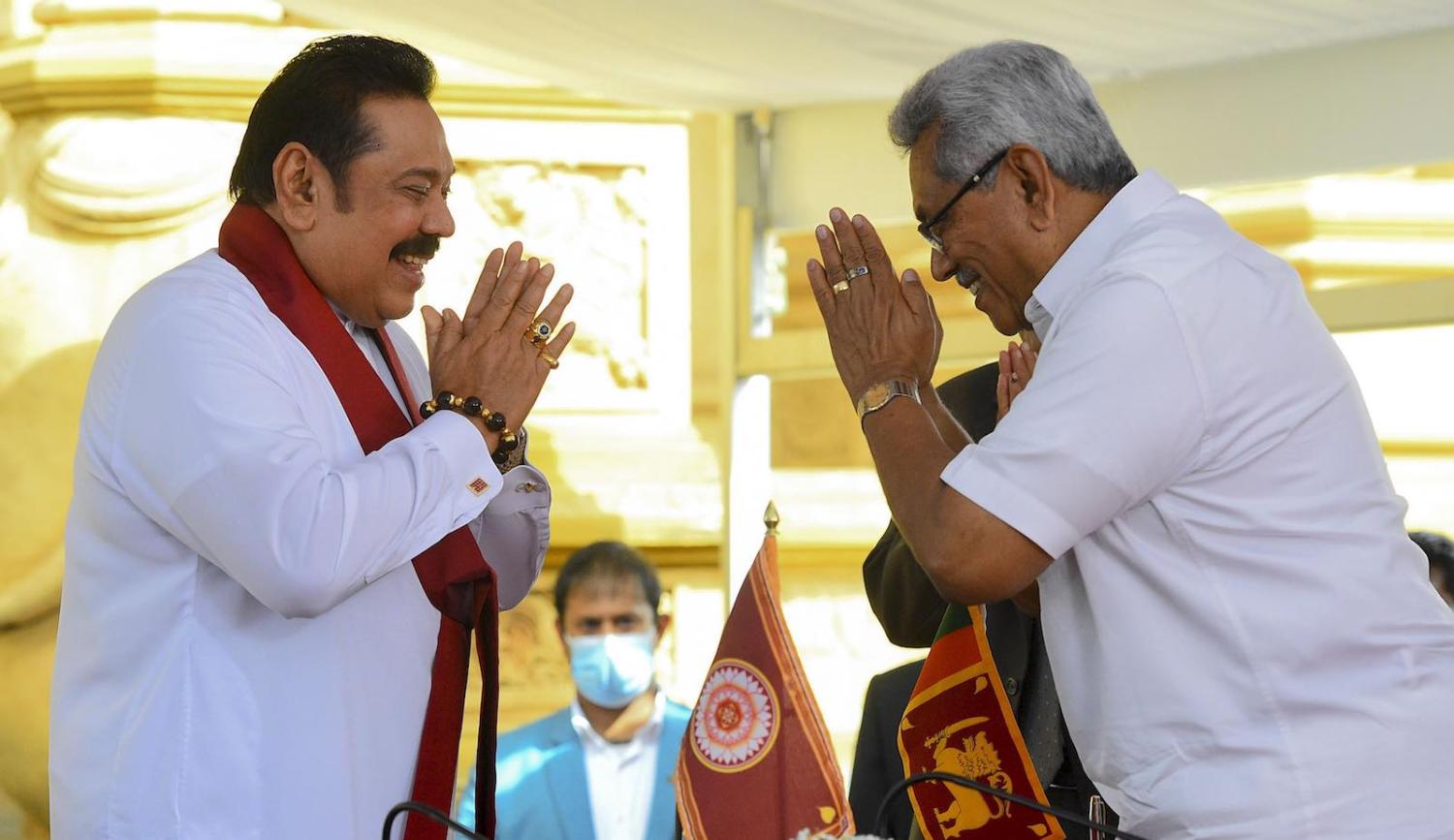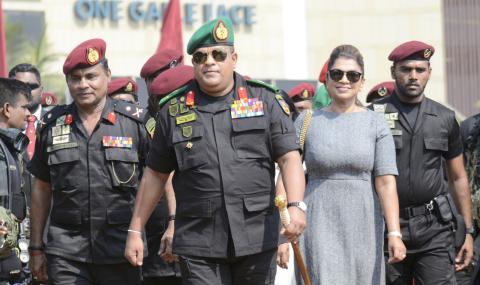Sri Lanka just held a parliamentary election and the results were unsurprising. The Sri Lanka People’s Front (SLPP) dominated, winning 145 seats and nearly 60% of the vote. The SLPP and its allies even obtained a two-thirds majority, meaning they can easily rework Sri Lanka’s constitution and further undermine democracy.
The vote reiterates the mandate that President Gotabaya Rajapaksa was given during the November 2019 presidential poll. The previous government of Maithripala Sirisena governed in a far less authoritarian fashion than that of Mahinda Rajapaksa, Gotabaya’s brother who reigned from 2005 to 2015. But Sirisena’s government was comprised of an uneasy coalition and failed to follow through on most of its reform agenda. The country’s, or at least the majority community’s, yearning for decisive, organised leadership is still there.
Since November 2019, Gotabaya Rajapaksa has governed in an authoritarian fashion and relied heavily on the military. Yet, that hasn’t necessarily bothered many among Sinhalese people, the overwhelming ethnic majority in a country that includes Tamils, Muslims, Christians and Hindus.

Already under Rajapaksa’s presidency, human rights violations have been widespread. Now that national elections are out of the way, the situation is bound to get worse – especially for ethnic and religious minorities.
Mahinda has been reappointed as prime minister. The cabinet includes four Rajapaksas. Military personnel dominate Gotabaya’s inner circle and key posts within the civilian administration. In the months and years ahead, the space for dissent will continue to shrink. The government’s civilian administration will be further undermined.
We still don’t know how the dynamics between Gotabaya and Mahinda will evolve. How many terms would Gotabaya like to serve? What does Mahinda really think?
The president has also created various task forces with broad and vague mandates, further undermining democracy and the usual workings of government. Gotabaya is a military man who served as defence secretary for all of Mahinda’s presidency.
Yet we still don’t know how the dynamics between Gotabaya and Mahinda will evolve. Rajapaksa and their allies are expected to modify the constitution and expand presidential powers. But Mahinda is poised to be prime minister for years. Furthermore, it was widely speculated that Mahinda’s son Namal, a parliamentarian and cabinet member, was being groomed for the presidency during his father’s reign. How many terms would Gotabaya like to serve? What does Mahinda really think?
Regardless of how the family dynamics play out, the next few year in Sri Lanka are bound to be plagued by authoritarianism and a promulgation of fierce ethnonationalism. “Not only Tamils, but all discerning people feel we are fast bidding adieu to democracy,” says C.V. Wigneswaran, a former chief minister of the northern province who just won a seat in parliament.
More generally, the country’s opposition remains in terrible shape. The United National Party earned just one seat in parliament. During the previous parliament the UNP held more than 100 seats in the 225-member body. The breakaway United People’s Front obtained 54 seats and will lead a weak opposition.
The vote is a reminder of the limits of majoritarian democracy and the dangers of focusing largely on elections when assessing a country’s democratic credentials. The further consolidation of Rajapaksa rule augurs an acceleration of a highly repressive era.

